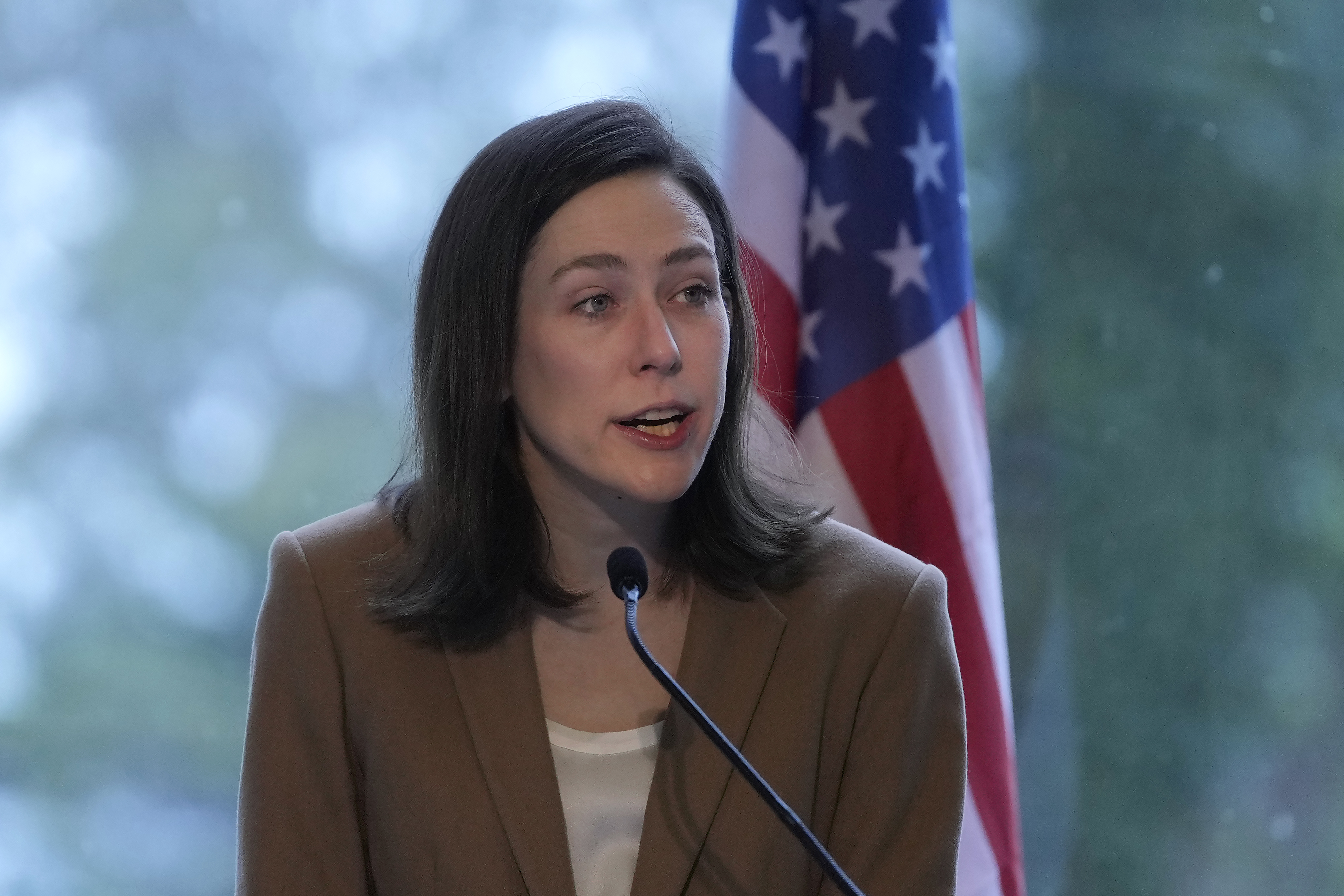BROWNSVILLE, Tex. (WAVY) — Sen. Tim Kaine (D-Va.) said fentanyl coming through the U.S.-Mexico border is not just a crime problem, it’s a matter of national security.
Kaine’s fact-finding mission to a border crossing at the tip of Texas enabled him to inspect the technology that border agents use to inspect trucks coming in from Mexico. He said that’s the vehicle of choice for drug cartels to deliver fentanyl.
“Ninety percent of fentanyl that comes into the United States comes in through ports of entry in cargo vehicles,” Kaine said Friday in a Zoom call with reporters from his hotel room. “This is not traffic that is carried in by individuals.”
Kaine sponsored legislation last year that dedicated more resources to help border agents find the fentanyl before it finds our cities and towns and a key part of it is better tech to screen incoming trucks.
“This is very promising technology,” Kaine said. “It puts a picture up of the vehicle in a control center in what they call adjudicators,” enabling agents to see what’s in the truck without having to go inside it.
Kaine said now, instead of catching 20% percent of contraband coming across — as they did 10 years ago — agents are now intercepting at least four times that much.
“What we’re seeing in Brownsville is sort of the future of interdiction technology,” he said, “and many other crossings are gonna get where Brownsville is.”
And less than a mile from where Brownsville is are Mexican drug cartels, known for paying off local officials and law enforcement so they can control the flow of fentanyl into the United States.
Kaine calls them transnational criminal organizations and said they are the top priority of the DEA.
“They are national security threats more than just producers of crime,” Kaine said. “So we do need to undertake efforts to disrupt them.”
Kaine said he discovered on his trip to Texas that the cartels are actually beginning to make more money from human trafficking than they are from drug trafficking.
Continued cooperation between the militaries of the two countries is also crucial, Kaine said.
“The U.S. military and the Mexican military have a close working relationship,” Kaine said, “but they have not put fentanyl interdiction as one of their top priorities.”
Kaine added that his legislation, co-sponsored by Sen. Joni Ernst (R-Iowa), requires more engagement between the two armed forces.

























